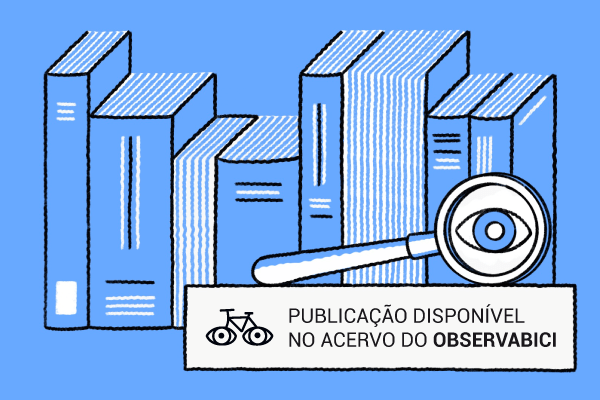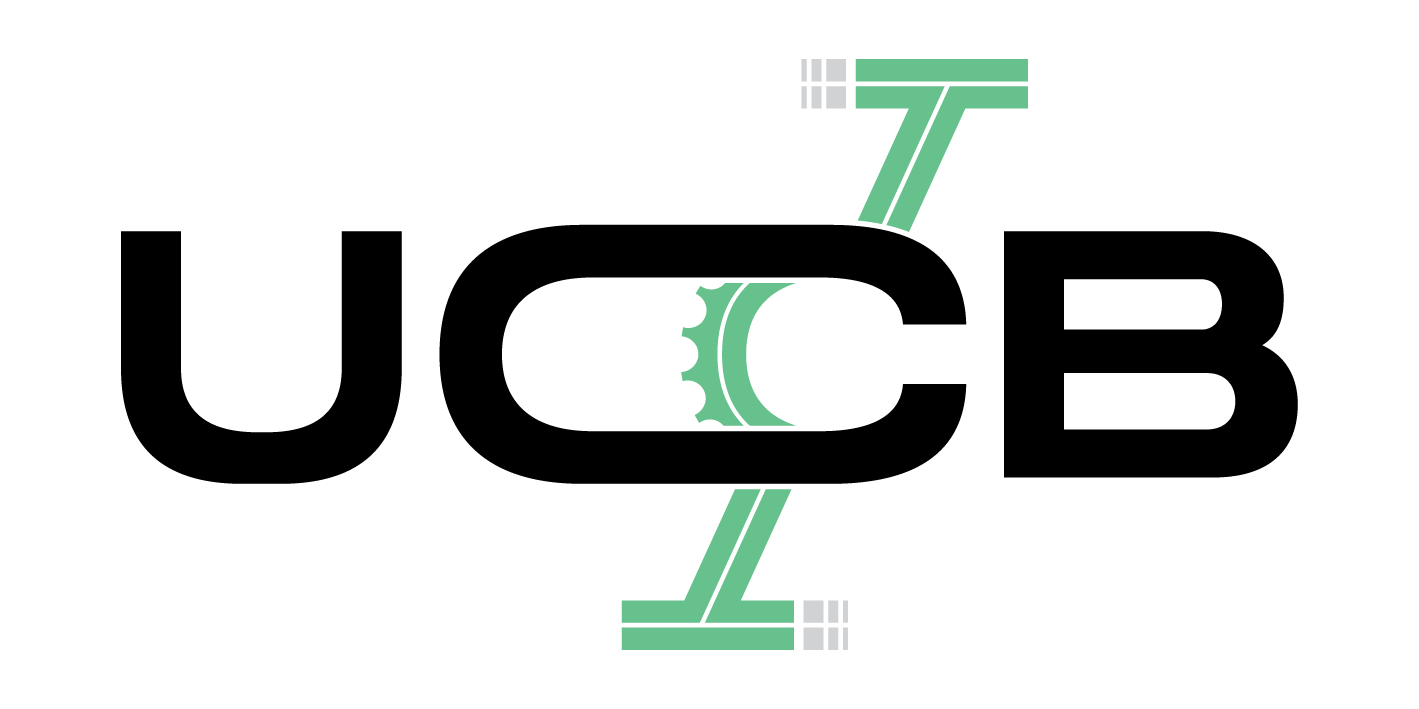Exploring the health and spatial equity implications of the New York City Bike share system
Tipo de publicação
Artigo
Curso ou área do conhecimento
TRANSPORTE E SAÚDE
Veículo
ELSEVIER
Tipo de autoria
Pessoa Física
Nome do autor
Masih A.Babagoli et alii
Língua
Português
Abrangência geográfica
País estrangeiro específico
País
Estados Unidos
Ano da publicação
2019
Palavra chave 1
Compartilhamento
Palavra chave 2
Equidade
Palavra chave 3
Políticas Públicas
Palavra chave 4
Saúde
Descrição
Introduction
This paper examines spatial equity and estimates the health impact of Citi Bike, New York City’s (NYC) bike share system. We discuss how further system expansion and utilization by residents in high-poverty communities of color could affect the potential benefit of the largest bicycle share system in the United States.
Methods
First, we compared the Citi Bike station distribution by census tract poverty during the system’s 2013 launch and after the 2015 geographic expansion. Second, we applied the World Health Organization’s Health Economic Assessment Tool (HEAT) to estimate the benefit of cycling associated with annual Citi Bike members for two 12-month time periods and analyzed change of the benefit over time.
Results
The results showed that the greatest proportion of Citi Bike stations were located in low-poverty (wealthier) NYC census tracts (41% per period), and there were no significant changes in station distribution during expansion. HEAT estimated an increase from two to three premature deaths prevented and an increased annual economic benefit from $18,800,000 to $28,300,000 associated with Citi Bike use.
Conclusion
In conclusion, although Citi Bike stations are not equitably located, the estimated annual health benefits are substantial and have increased over time. Our findings underscore the potential for even greater benefits with increased spatial access in higher-poverty neighborhoods and communities of color. Our findings highlight the importance of the built environment in shaping health and the need for a health equity lens to consider the social and political processes that perpetuate inequities.



 Ao navegar no Observatório da Bicicleta você concorda com os
Ao navegar no Observatório da Bicicleta você concorda com os